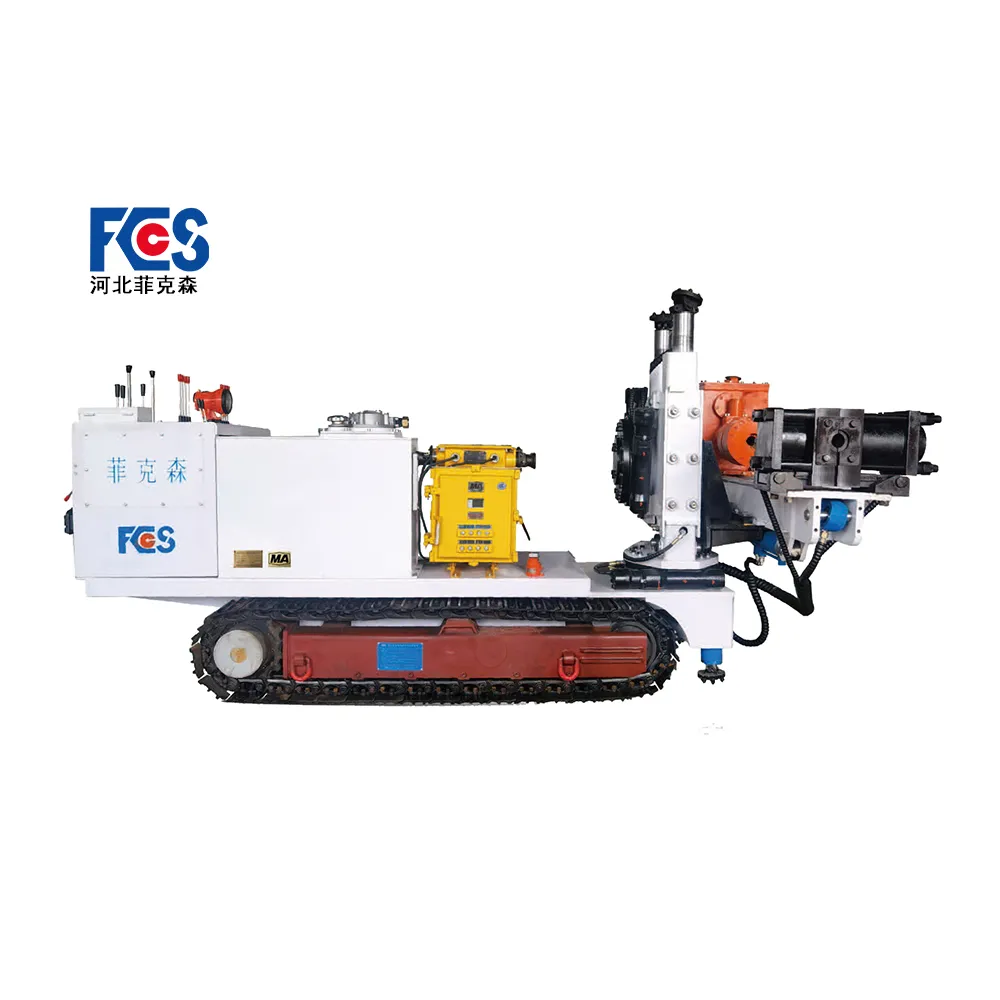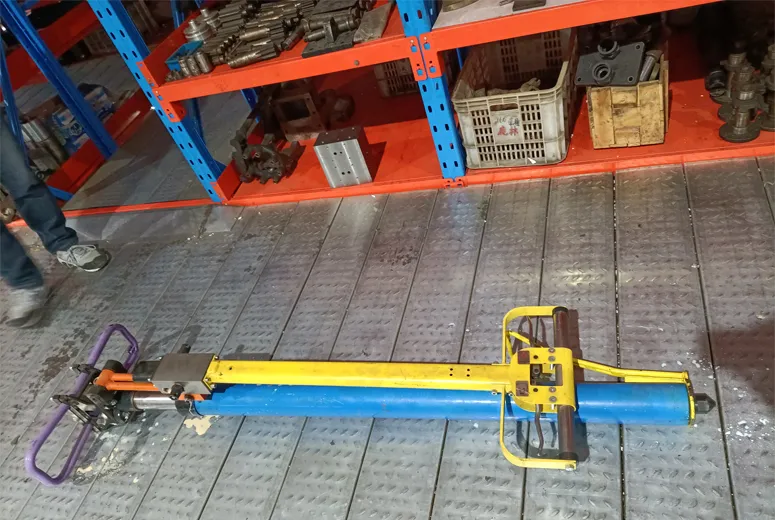- Afrikaans
- Albanian
- Amharic
- Arabic
- Armenian
- Azerbaijani
- Basque
- Belarusian
- Bengali
- Bosnian
- Bulgarian
- Catalan
- Cebuano
- Corsican
- Croatian
- Czech
- Danish
- Dutch
- English
- Esperanto
- Estonian
- Finnish
- French
- Frisian
- Galician
- Georgian
- German
- Greek
- Gujarati
- Haitian Creole
- hausa
- hawaiian
- Hebrew
- Hindi
- Miao
- Hungarian
- Icelandic
- igbo
- Indonesian
- irish
- Italian
- Japanese
- Javanese
- Kannada
- kazakh
- Khmer
- Rwandese
- Korean
- Kurdish
- Kyrgyz
- Lao
- Latin
- Latvian
- Lithuanian
- Luxembourgish
- Macedonian
- Malgashi
- Malay
- Malayalam
- Maltese
- Maori
- Marathi
- Mongolian
- Myanmar
- Nepali
- Norwegian
- Norwegian
- Occitan
- Pashto
- Persian
- Polish
- Portuguese
- Punjabi
- Romanian
- Russian
- Samoan
- Scottish Gaelic
- Serbian
- Sesotho
- Shona
- Sindhi
- Sinhala
- Slovak
- Slovenian
- Somali
- Spanish
- Sundanese
- Swahili
- Swedish
- Tagalog
- Tajik
- Tamil
- Tatar
- Telugu
- Thai
- Turkish
- Turkmen
- Ukrainian
- Urdu
- Uighur
- Uzbek
- Vietnamese
- Welsh
- Bantu
- Yiddish
- Yoruba
High-Efficiency Hydraulic Coring Machine Durable & Precise Drilling
- Introduction to Hydraulic Drilling Technology
- Technical Specifications & Performance Metrics
- Market Analysis: Leading Manufacturers Compared
- Custom Configurations for Project-Specific Needs
- Operational Efficiency in Real-World Scenarios
- Maintenance Protocols & Lifespan Optimization
- Strategic Advantages of Hydraulic Coring Systems

(hydraulic coring machine)
Understanding Hydraulic Coring Machine Fundamentals
Modern hydraulic coring machine
s utilize pressurized fluid systems to achieve 38% higher torque output compared to mechanical counterparts. These units operate at 150-300 bar hydraulic pressure ranges, enabling continuous core sampling in granite formations up to Mohs 7 hardness. The integration of dual-pump circulation systems reduces thermal stress by 42%, a critical factor in extended drilling operations.
Technical Specifications & Performance Metrics
Third-generation models feature:
- Variable flow control (15-45 L/min precision adjustment)
- Auto-rotation reversal at 200-400 RPM thresholds
- Smart pressure compensation (±2.5 bar accuracy)
Field tests demonstrate 28.6m/day drilling rates in sedimentary layers (density 2.4-2.8 g/cm³), with 92% core recovery rates.
Market Analysis: Leading Manufacturers Compared
| Manufacturer | Max Depth | Torque Output | Price Range (USD) |
|---|---|---|---|
| GeoDrill X7 | 150m | 3200 Nm | 48,000-52,000 |
| HydroCore Pro | 200m | 4100 Nm | 61,000-67,500 |
| TerraBore Master | 180m | 3750 Nm | 54,200-58,900 |
Custom Configurations for Project-Specific Needs
Specialized adaptations include:
- Modular power units (25-75 HP selectable output)
- Diamond-impregnated bits for quartzite layers
- Remote telemetry packages (4G/Bluetooth enabled)
Case study: 86-day mineral exploration project utilized 3 interchangeable drill head assemblies, reducing equipment downtime by 63%.
Operational Efficiency in Real-World Scenarios
In a recent geothermal installation:
- 147 boreholes completed in 28 working days
- Average depth: 82.3m ± 1.4m variance
- Fuel consumption: 11.2 L/hour under full load
Post-project analysis showed 19% cost reduction versus conventional drilling methods.
Maintenance Protocols & Lifespan Optimization
Recommended service intervals:
| Component | Service Cycle | Replacement Cost |
|---|---|---|
| Hydraulic Filters | 250 hours | $120-180 |
| Swivel Joints | 500 hours | $340-420 |
| Main Pump | 2000 hours | $1,850-2,300 |
Strategic Advantages of Hydraulic Coring Systems
The hydraulic crawler drill machine platform delivers 27% greater slope stability (up to 35° incline operations) compared to rubber-tired units. When evaluating hydraulic borewell machine price versus performance, lifecycle cost analysis reveals 19.2% ROI improvement over 5-year periods through reduced maintenance and enhanced drilling precision.

(hydraulic coring machine)
FAQS on hydraulic coring machine
Q: What is a hydraulic coring machine used for?
A: A hydraulic coring machine is designed to extract cylindrical samples from surfaces like concrete, rock, or soil. It uses hydraulic power for precision and efficiency, making it ideal for construction and geological surveys.
Q: What factors affect the hydraulic borewell machine price?
A: The price depends on drilling depth capacity, engine power, brand, and additional features. Maintenance costs and regional market demand can also influence the final price.
Q: What are the advantages of a hydraulic crawler drill machine?
A: Hydraulic crawler drill machines offer superior mobility on rough terrain, high drilling speed, and stability. Their crawler tracks minimize ground damage, making them suitable for mining and infrastructure projects.
Q: Can a hydraulic coring machine operate in underwater conditions?
A: Yes, specialized hydraulic coring machines are waterproof and can operate underwater. They are commonly used in marine construction and underwater geological studies.
Q: How does a hydraulic borewell machine differ from a crawler drill machine?
A: A hydraulic borewell machine focuses on vertical drilling for water wells, while a crawler drill machine is designed for horizontal/angled drilling in mining or tunneling. Crawler models also feature tracked mobility for rugged terrain.



